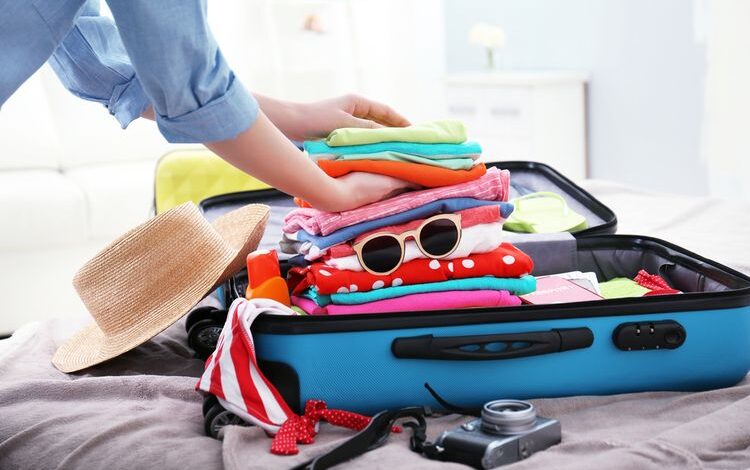Imported Goods Pass Customs, Here Are the Tips

DDHK. ORG – Imported goods pass customs? Can? Want to know the tips? Check this out.
So far, shopping has become one of the common activities carried out by the community at this time traveling ke overseas. When returning to the country of origin, these groceries are a category of imported goods subject to import duties and taxes in the framework of import (PDRI).
"Please note that every item carried by passengers must be notified to the customs officer," said the Director of Communication and Guidance for Customs Service Users, Directorate General of Customs and Excise (DJBC), Nirwala Dwi Heryanto, as reported by Kompas.com, Saturday (4/2/2023).
Customs officers have the authority to inspect foreign passengers' luggage upon arrival in the country.
So, to make the luggage inspection process run smoothly, here are some tips that you can try.
1. Understand the rules of passenger luggage
Before shopping abroad, you should understand the rules for passenger luggage. Regulations regarding passenger luggage are contained in Minister of Finance Regulation Number 203/PMK.04/2017 concerning Provisions for the Export and Import of Goods Carried by Passengers and Crew of Means of Transport.
This regulation regulates the import of passenger luggage consisting of personal use and non-personal use goods.
In short, the government provides free import duty and tax facilities for imports of personal use goods with a maximum free on board (FOB) customs value of US$500 per person for each arrival.
However, if it exceeds the customs value limit, travelers are subject to import duties and taxes in the context of importing the excess.
The rates include flat import duty rates of 10 percent, 11 percent Value Added Tax (VAT) and 10 percent income tax with an NPWP or 20 percent if you don't have an NPWP.
Meanwhile, non-personal use goods do not get exemption from import duties and taxes in the context of imports. These non-personal use items are subject to tariffs according to the Most Favored Nation (MFN).
From the description of the basic rules, it is better to take into account the amount of import duties and taxes in the context of imports if spending exceeds the provisions.
2. Fill out the customs declaration correctly and honestly
Foreign travelers to fill out the customs declaration (CD) correctly. Every foreign traveler is obliged to notify each of his luggage through a customs declaration.
To speed up the process of physical inspection and release of goods, passengers are required to notify each item of luggage completely and correctly on the customs declaration form.
In addition to filling out the customs declaration, notifications of passengers' luggage are also conveyed through special goods import notifications (PIBK), which apply to non-personal use goods.
Submission of both can be in the form of electronic data or forms.
Based on information from the official Instagram account of the Directorate General of Customs and Excise, @bravobeacukai, imports of personal use goods are served through two channels.
First, the green line or without going through a physical examination. Second, the red line or physical examination is carried out based on risk management.
Based on the notification in the customs declaration, for personal use goods whose customs value does not exceed US$500 FOB, physical inspection is not carried out (green line).
Apart from this category, the customs officer will carry out a physical inspection before giving approval for the release of goods or red lanes.
3. Prepare documents
The next tip is to prepare supporting documents such as passports, official identification, boarding passes and other supporting documents. Preparation of this document will help speed up the inspection process at customs.
4. Prepare invoices
Foreign travelers to prepare invoices for their purchases. This is because the customs officer will need an invoice for the basis for calculating import duties and taxes in the context of imports.
It is no less important that passengers prepare invoices for their luggage to make it easier for customs officials to determine the transaction value as the basis for calculating import duties and PDRI.
5. Utilize the Mobile Customs application
To anticipate the collection of import duties and taxes in the context of imports, travelers can simulate bills through the Mobile Customs application.
So, travelers can prepare money in the amount of the bill range so that imported goods pass customs.
Passengers can also independently check the estimated value of the bill by downloading the Mobile Customs application on the Playstore. [DDHK News]



